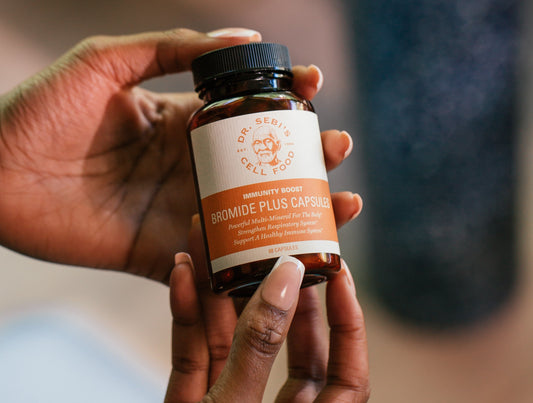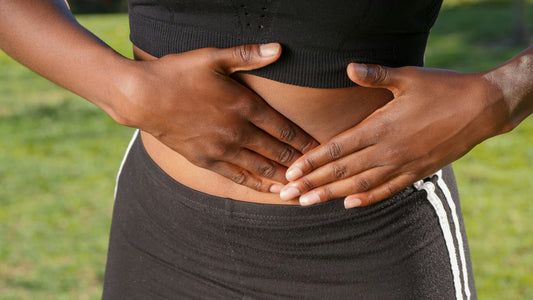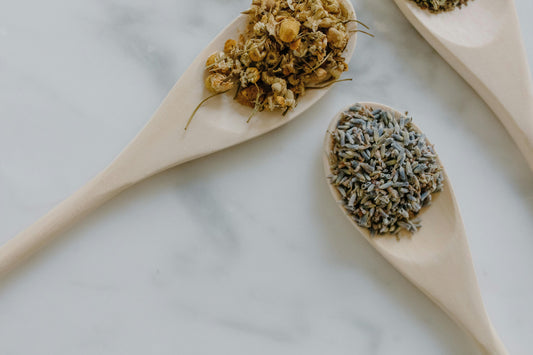Timing is everything, and when it comes to weight loss, intermittent fasting (IF) has shown that shedding pounds can have as much to do with when you’re eating as what you’re eating.
By limiting your meals to specific windows of time, time-restricted eating helps your body tap into its fat stores, boosting weight loss without the need for restrictive diets. Whether you’re curious about skipping breakfast or trying longer fasting periods, intermittent fasting promises a flexible, natural way to slim down and feel your best.
But how exactly does it work, and is it right for you? Here’s what you need to know about intermittent fasting for weight loss.
What Is Intermittent Fasting?
Intermittent fasting is an eating pattern that alternates between periods of eating and not eating (fasting), helping the body burn fat by shifting from using glucose to stored fat for energy. By spending more time in a fasted state, the body burns fat more efficiently and helps regulate hunger hormones like insulin.
Instead of focusing on restricting certain foods, IF limits the time frame in which you eat, which supports weight management, improves metabolic health, and lowers the risk of chronic diseases like diabetes, according to December 2019 research from The New England Journal of Medicine.
Intermittent Fasting Plans
These are a few of the most common approaches intermittent fasting, which differ mostly in the amount of time you fast:
- 16:8 Method: Fast for 16 hours and eat only within an 8-hour window.
- 5:2 Method: Eat normally for 5 days a week and reduce calorie intake for 2 days.
- Alternate-Day Fasting: Fast every other day, consuming very few or no calories.
- 24-Hour Fasting: Fast for a full 24 hours once or twice a week.
- OMAD (One Meal a Day): Only eat one large meal a day, fasting the remainder of the time.
How Intermittent Fasting Can Help With Weight Loss
IF promotes weight loss by balancing hormones, controlling hunger, and naturally reducing calorie intake. These mechanisms work together to make it easier for the body to burn fat and sustain a healthy weight.
Hormones
Intermittent fasting helps regulate key hormones involved in metabolism and fat storage, particularly insulin.
Insulin levels spike after meals as the body processes glucose, but during fasting periods, insulin levels drop, signaling the body to burn stored fat for energy. A June 2018 study in Cell Metabolism found that fasting increases insulin sensitivity, which makes it easier for the body to utilize energy efficiently, leading to fat loss over time.
Additionally, fasting boosts the production of human growth hormone (HGH), which promotes fat breakdown and muscle preservation, further enhancing weight loss.
Hunger
By shortening eating windows, intermittent fasting can help regulate hunger hormones like ghrelin and leptin, which play major roles in hunger and satiety. Ghrelin, the hormone responsible for hunger, tends to spike before meals, but studies show that fasting may lower ghrelin levels, reducing feelings of hunger over time.
Leptin, on the other hand, signals fullness. Intermittent fasting can increase leptin sensitivity, helping you feel satisfied after eating. According to a March 2024 meta-analysis from eClinical Medicine, these hormonal shifts help reduce overeating and make weight management more sustainable.
Calorie Restriction
Intermittent fasting also naturally reduces calorie intake by limiting the time frame in which you can eat. Without the need for strict portion control or calorie counting, this reduction in overall calorie consumption leads to weight loss. By eating fewer meals or shortening the eating window, IF helps create a calorie deficit while allowing for flexibility in food choices.
Other Benefits of Intermittent Fasting
Beyond weight loss, intermittent fasting offers a range of long-term health benefits that support overall well-being. Research suggests that IF can improve metabolic health, reduce inflammation, and even promote longevity.
Improved Metabolic Health
By enhancing insulin sensitivity and regulating blood sugar levels, intermittent fasting can reduce the risk of type 2 diabetes. A September 2024 study in The Lancet Diabetes and Endocrinology found that intermittent fasting helps stabilize blood glucose levels, improving overall metabolic function.
Reduced Inflammation
Chronic inflammation is linked to many diseases, including heart disease and cancer. Intermittent fasting has been shown to lower markers of inflammation in the body. According to February 2024 research in Cell Reports, fasting periods may activate anti-inflammatory pathways, helping reduce the risk of chronic conditions.
Brain Health
IF may support cognitive function and protect against neurodegenerative diseases. A February 2022 study from The Journal of Neuroscience suggests that intermittent fasting enhances brain plasticity, improving memory and learning while reducing the risk of Alzheimer’s disease.
Heart Health
By lowering blood pressure, cholesterol, and triglycerides, intermittent fasting can improve cardiovascular health. Research from August 2020 in The American Journal of Medicine shows that intermittent fasting positively impacts heart health by reducing factors that contribute to heart disease.
Longevity
Animal studies suggest that intermittent fasting may extend lifespan by improving cellular repair processes and activating genes linked to longevity. Though more human studies are needed, February 2020 research in Nature Communications indicates that fasting triggers autophagy, a process where the body removes damaged cells, promoting healthier aging.
Side Effects of Intermittent Fasting
While intermittent fasting can offer many health benefits, it may come with some side effects, especially during the adjustment period.
Common side effects include hunger, irritability, fatigue, and difficulty concentrating as your body adapts to the new eating pattern. Some individuals may also experience headaches, dizziness, or trouble sleeping, particularly if they go too long without food or aren’t staying properly hydrated.
For those with underlying health conditions such as diabetes or low blood sugar, fasting may pose additional risks, and it’s important to consult a healthcare professional before starting. In some cases, intermittent fasting may also trigger overeating during the eating windows, which can counteract its benefits.
How to Decide if It’s Right for You
Deciding whether intermittent fasting is right for you depends on your individual health goals, lifestyle, and any underlying medical conditions. If you're looking for a flexible, natural way to lose weight and improve metabolic health, intermittent fasting may be a great fit.
However, it’s important to consider how it will affect your daily routine—especially if you have a busy schedule, are highly active, or are prone to low blood sugar. It’s also essential to listen to your body and adjust your fasting windows as needed.
For those with conditions like diabetes, eating disorders, or a history of nutrient deficiencies, it’s best to consult with a healthcare provider to ensure intermittent fasting is a safe and effective option.
Frequently Asked Questions
How much weight can you lose in a month with intermittent fasting?
Weight loss with intermittent fasting varies depending on factors like your starting weight, eating habits, and activity level, but on average, people may lose 4 to 8 pounds in a month with consistent fasting and a balanced diet.
What foods won't break a fast?
Water, plain tea, and zero-calorie drinks won’t break a fast, as they don’t trigger a significant insulin response or provide calories that disrupt the fasting state.
Is it better to fast for 12 or 16 hours?
Fasting for 16 hours tends to be more effective for fat loss and metabolic health, as it extends the time your body spends in a fat-burning state, while a 12-hour fast is easier to maintain and still provides health benefits, particularly for beginners.


















































